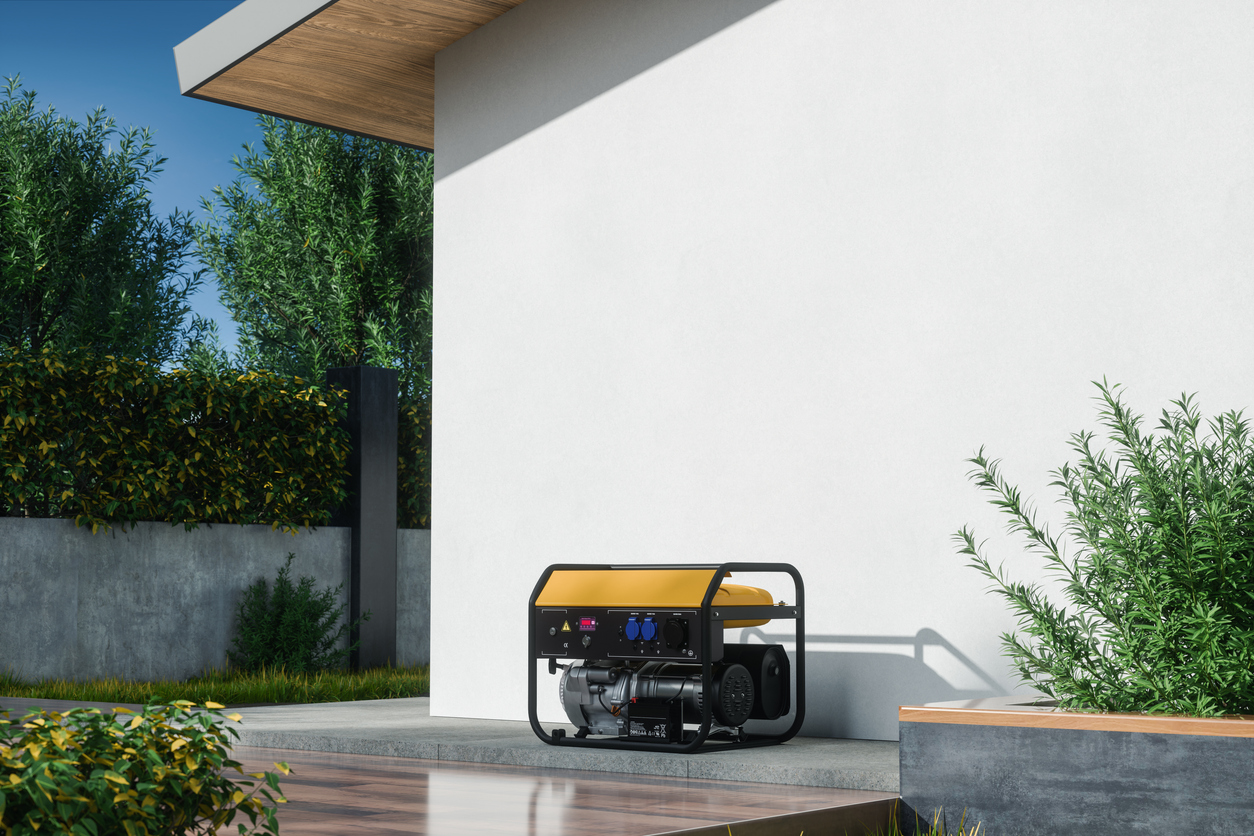Windows are essential components of any home, providing natural light, ventilation, and insulation. Over time, windows can wear out, leading to drafts, higher energy bills, and reduced comfort. Window replacement is a significant investment that can enhance energy efficiency, aesthetics, and overall home value. You can find window replacement options with an online search.
Signs You Need Window Replacement
Identifying when to replace your windows is crucial. Common signs include drafts, fogging between glass panes, difficulty opening or closing windows, water leaks, and visible damage like cracks or warping. Old windows with single-pane glass or outdated frames are also prime candidates for replacement due to poor insulation and energy inefficiency.
Choosing the Right Windows
Selecting the right replacement windows involves considering several factors:
Window Types: Options include double-hung, casement, sliding, bay or bow, and specialty shapes. Each type offers unique benefits in terms of ventilation, aesthetics, and functionality.
Materials: Common window materials include vinyl, wood, fiberglass, and aluminum. Each material has distinct advantages in terms of durability, energy efficiency, maintenance requirements, and aesthetic appeal.
Energy Efficiency: Look for ENERGY STAR® certified windows that meet strict energy efficiency guidelines. Features like low-emissivity (low-E) coatings, argon or krypton gas fills, and insulated frames can significantly reduce heating and cooling costs.
Budgeting and Cost Considerations
The cost of window replacement varies based on factors such as window type, material, size, and installation complexity. It's essential to obtain multiple quotes from reputable contractors and consider long-term energy savings when budgeting for replacement windows. Financing options and potential rebates or tax incentives for energy-efficient upgrades can also help offset costs.
Preparation and Installation Process
Before installation begins, prepare your home by clearing furniture, curtains, and valuables near windows. The installation process typically involves:
Measurement and Ordering: Accurate measurements ensure proper fitting. Custom-made windows may require longer lead times.
Removal of Old Windows: Professional installers will remove old windows carefully, minimizing damage to surrounding walls and frames.
Installation of New Windows: New windows are installed, ensuring proper insulation, sealing, and alignment. Trim and finishing touches are applied to enhance aesthetics.
Maintenance Tips for New Windows
Maintaining your new windows extends their lifespan and maximizes performance:
Regular Cleaning: Clean windows and frames with mild detergent and water to remove dirt and debris.
Inspect Seals and Caulking: Check seals and caulking annually for signs of wear or damage, resealing as needed to prevent air leaks.
Operational Checks: Test window operation periodically to ensure smooth opening and closing, and address any issues promptly.
Enhancing Home Value and Energy Efficiency
Replacing windows not only enhances curb appeal and interior comfort but also boosts home resale value. Energy-efficient windows reduce heating and cooling costs year-round, making them a sound investment for homeowners looking to improve efficiency and sustainability.
Conclusion
Window replacement is a significant home improvement project that offers numerous benefits, from improved energy efficiency to enhanced aesthetics and comfort. By understanding the signs that indicate the need for replacement, selecting the right windows, and following proper installation and maintenance practices, homeowners can enjoy long-term savings and a more comfortable living environment.


